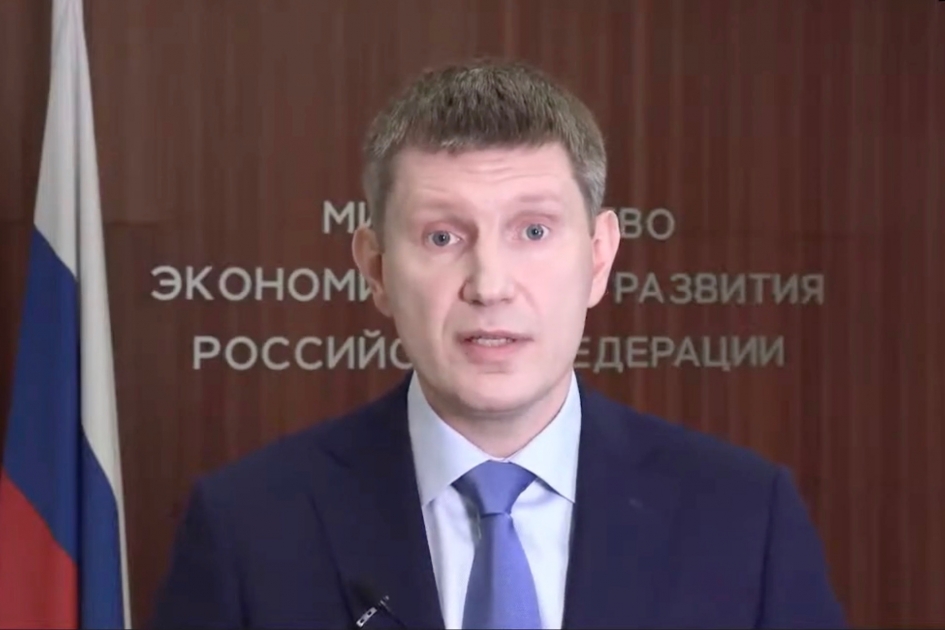Statement by H.E. Mr. Maxim Reshetnikov, Minister of Economic Development of the Russian Federation, at the Russian side-event under the auspices of HLPF-2021 «Low-emissions solutions in energy and beyond: partnering with businesses for a sustainable recovery»
Excellencies,
Dear colleagues,
I am glad to welcome you to the Russian side-event at the 2021 UN High-level Political Forum on Sustainable Development. Thank you for being here today!
This is my second HLPF. In 2020, on behalf of the Russian Federation, I presented our first Voluntary National Review, outlining Russia’s Efforts and achievements on the Sustainable Development Goals.
Over the last year, the topic has only become more relevant. Today we are all here to discuss the crucial issue of low-carbon development and how we can pool efforts of the state and business for these purposes.
Over the last year, Russia has made important steps:
- a Presidential Decree now limits greenhouse gas emissions to less than 70% (seventy per cent) of the 1990 volumes by 2030.
- on the basis of this Presidential Decree and in line with the rules of the Paris Agreement, we submitted out first Nationally Determined Contribution.
- a draft Strategy for low-carbon development until 2050 has been developed, and we have put forward a more ambitious scenario.
- the main climate law on limiting greenhouse gas emissions has been signed. It mandates carbon reporting for large emitters and enables climate projects and carbon units circulation.
All our countries are now actively preparing for the 26th UNFCCC Conference of Parties (COP26) in November in Glasgow and I would like our discussion today to focus on a fundamentally important issue.
When reducing greenhouse gas emissions, we should not discriminate against any technologies that lead to real emissions reduction.
In other words, we have to reduce emissions wherever it is most efficient and with all available tools recognized as such.
In this respect, we see significant potential for nuclear and hydropower as energy sources with low greenhouse gas emissions. I am sure that today you will talk in more detail about this.
Working on new rules in global climate regulation, including when finalizing the rulebook for Article 6 of the Paris Agreement, we must ensure that the widest range of participants and projects have access to this mechanism.
We share the need to reduce CO2 emissions, but we are confident that we must look for ways to do this in a cost-effective manner and not harm economic well-being and development in the process.
We invite member states and partners to share our view and we will be glad to receive your support across all platforms.
We are always open for discussion and today we will be happy to hear opinions on the climate agenda from invited countries, representatives of international organizations, as well as the private sector.
I wish you a fruitful discussion and reaffirm that we are always open for cooperation!
